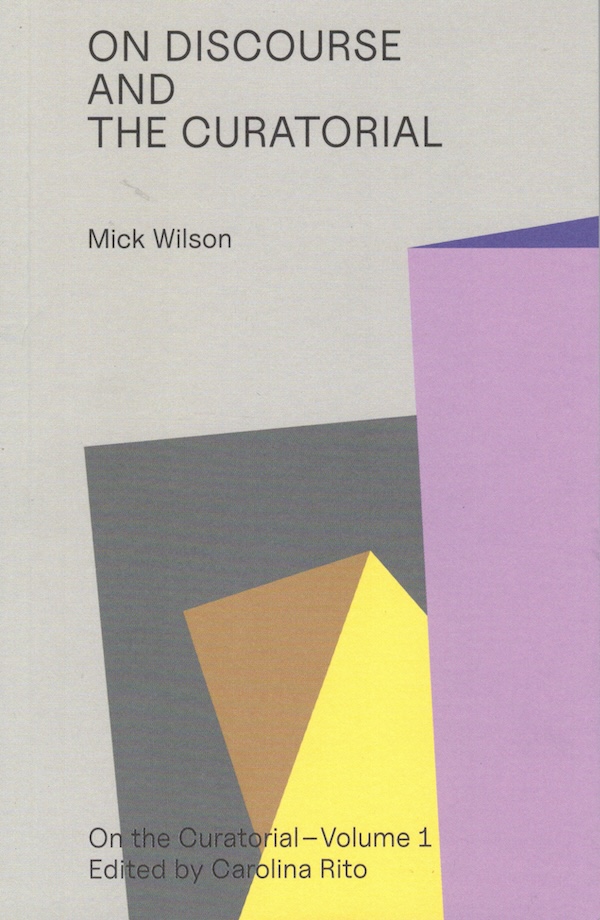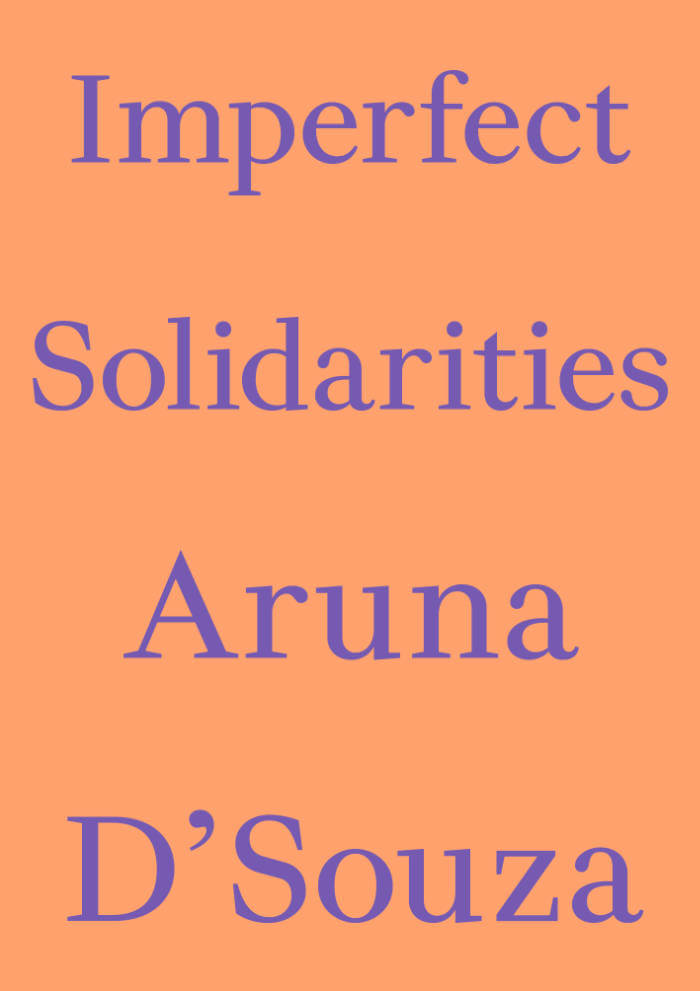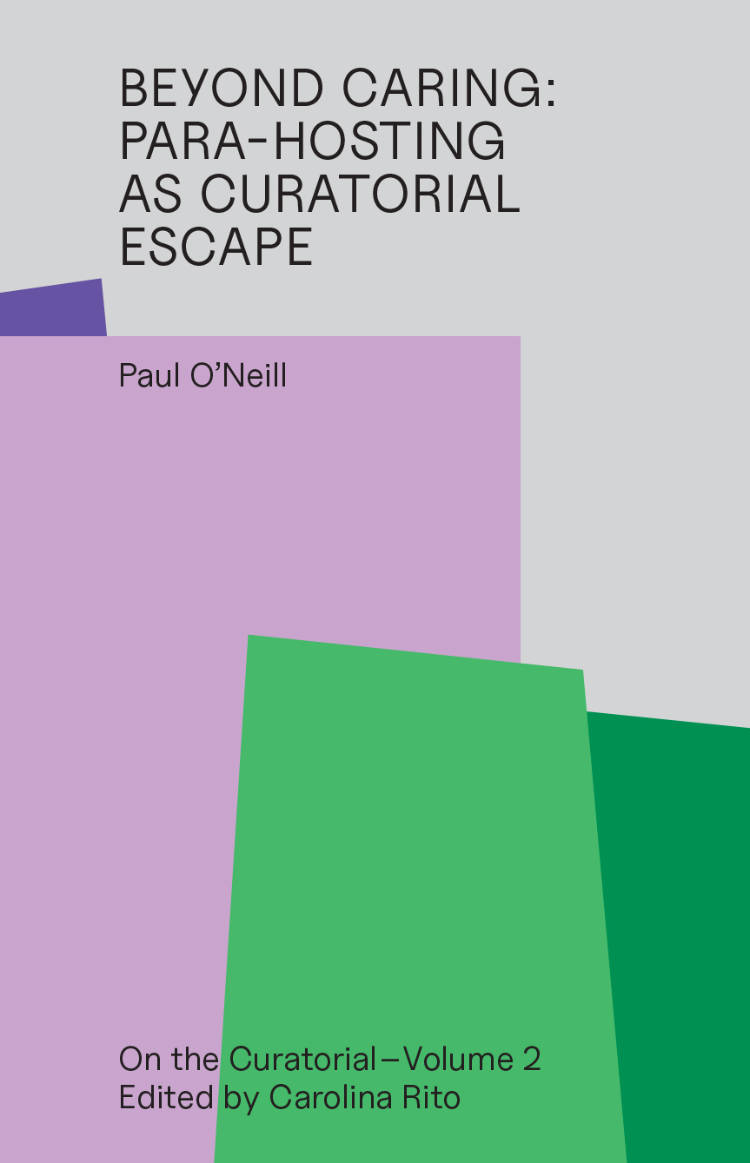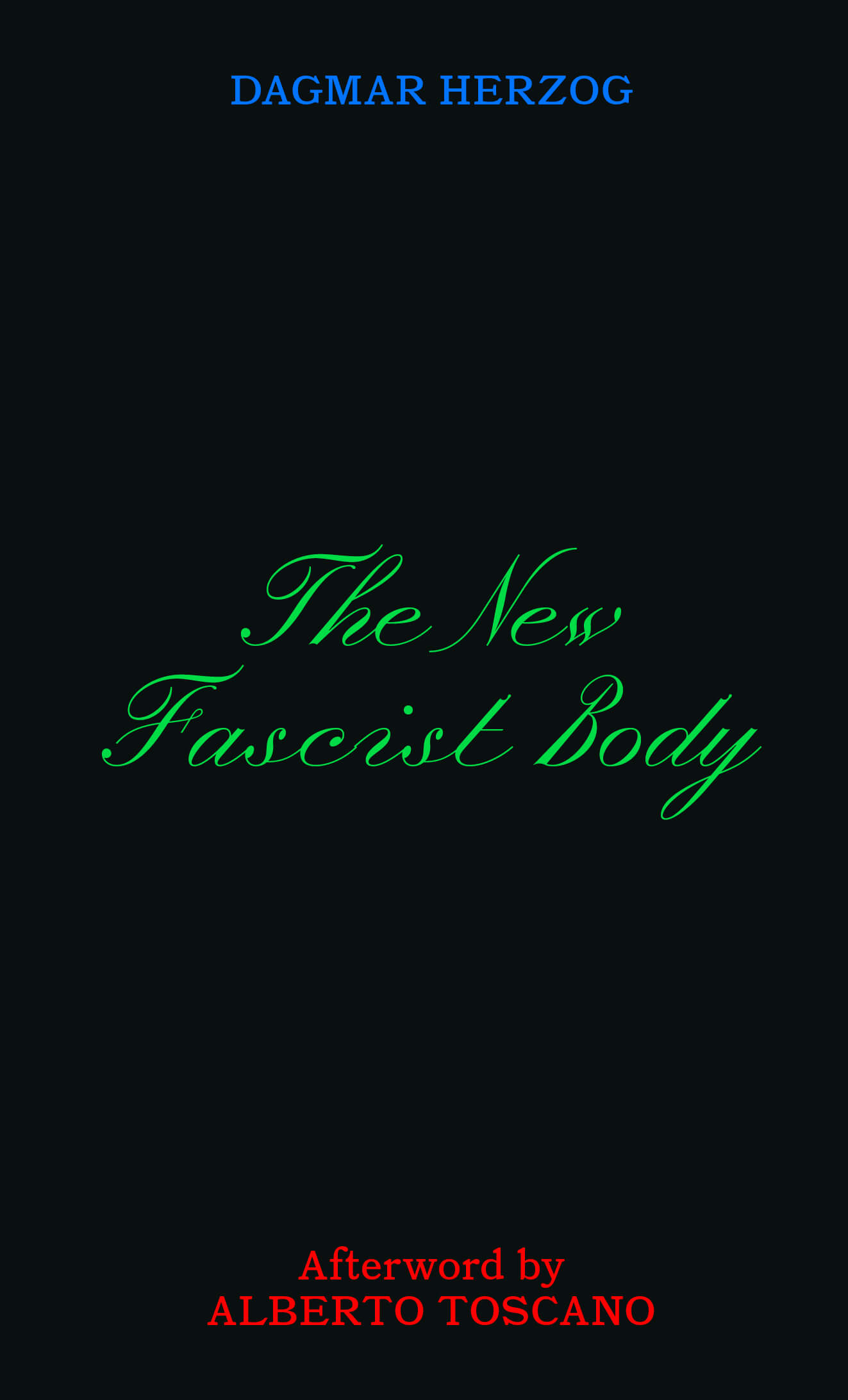
Perpetual Slavery
In Perpetual Slavery, Ciarán Finlayson investigates the relationship of art to freedom in the work of Cameron Rowland and Ralph Lemon, who both utilize imagery of labor haunted and structured by the historical experience of slavery.
Finlayson suggests that these two artists' work overcomes the dichotomy between the recording of history and its interpretation by making both the object of artistic experience, thereby providing a space to grasp the continuing effects of slavery.
Ciarán Finlayson is a writer and editor based in New York City. His essays have appeared in periodicals including Artforum, Bookforum, Papers on Language and Literature, Studio magazine, Kunst und Politik, PARSE, Archives of American Art Journal, and 032C. He is the managing editor of Blank Forms. His primary research is on contemporary art with emphases on Marxism, Black studies, philosophy of history, and conceptual art. He writes with the London-based Black Study Group and is a founding member of the political education collective Hic Rosa.







